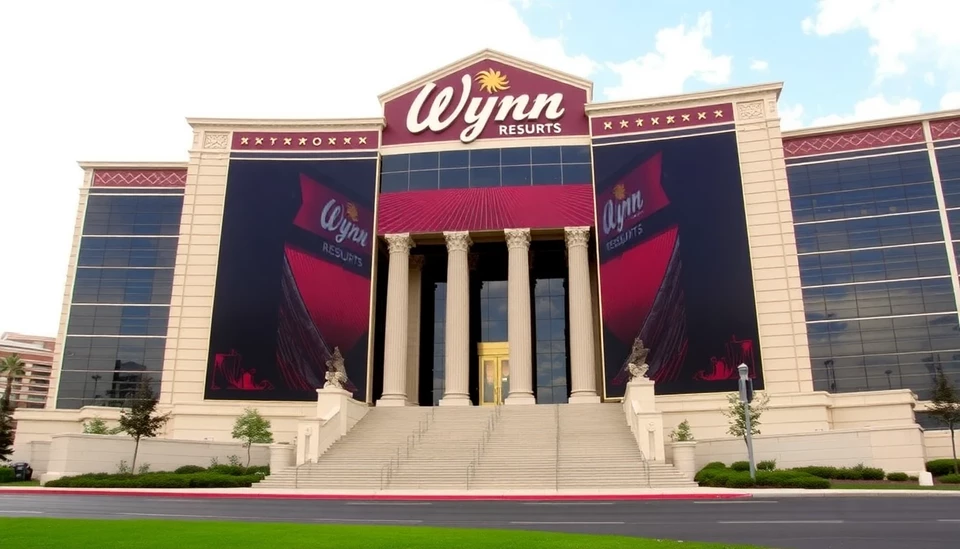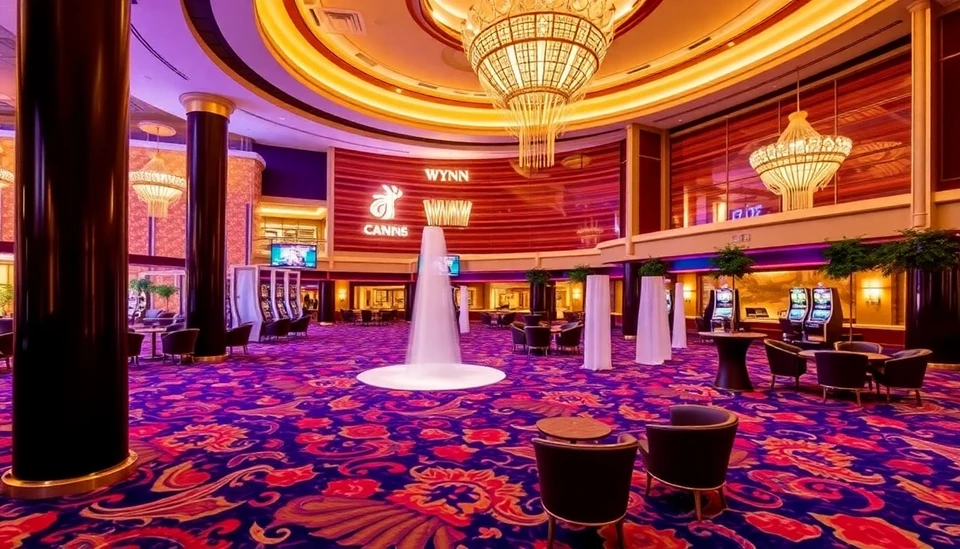
In a significant development for the gaming industry, Wynn Resorts' attempt to revive a defamation lawsuit was thwarted by the United States Supreme Court, which recently declined to accept the case. This ruling effectively upholds lower court decisions that ruled against the company in a high-profile dispute involving accusations of sexual misconduct against its former CEO, Steve Wynn.
The defamation suit stems from allegations made in the aftermath of multiple reports detailing accusations of sexual harassment and misconduct against Wynn. The allegations, which surfaced as part of a broader movement addressing workplace harassment, severely impacted the reputation of the casino mogul and his eponymous company. Following these claims, Wynn preemptively filed a lawsuit aimed at refuting the allegations, seeking to clear his name in the eyes of investors and the public.
The legal battle saw Wynn Resorts argue that the accusations made against the company were not only baseless but also inflammatory, thus warranting compensation for damages incurred by the negative portrayal in media outlets. However, the lower courts found that the claims fell within the boundaries of protected speech, leaving Wynn with no recourse to pursue the defamation allegations further. The Supreme Court’s refusal to intervene finalized this stance, effectively dismissing Wynn's appeal without a detailed opinion on the matter.
This decision is particularly impactful given the high stakes involved in the casino and entertainment sector, where reputational management is crucial for business success. With public perception heavily influenced by media coverage, this ruling sets a precedent regarding the limits of defamation claims in the context of reported allegations of misconduct.
In response to the ruling, legal experts emphasize potential implications for other businesses in the gaming industry and beyond, underscoring the challenges faced by plaintiffs in defamation cases, especially against powerful entities. This case serves as a reminder of the complex interplay between allegations of misconduct and legal recourse under defamation laws.
Moving forward, experts suggest that companies like Wynn Resorts will need to pivot their reputational strategies in light of increasing scrutiny and a changing legal landscape. The decision underscores the necessity for businesses to navigate allegations with care and clarity, as the courts increasingly uphold standards for freedom of speech in cases involving public figures and businesses.
As the gaming sector continues to evolve amid ongoing discussions of workplace ethics and accountability, this ruling symbolizes a critical moment reflecting the balance between protecting individual reputations and maintaining the rights to free expression.
Moving forward, it will be fascinating to observe how Wynn Resorts and similar entities address lingering reputational damage and how they adapt their policies to ensure a more resilient approach to managing scrutiny in an ever-watchful public eye.
#WynnResorts #SupremeCourt #DefamationCase #SteveWynn #SexualHarassment #LegalRuling #GamingIndustry #BusinessNews
Author: Samuel Brooks
